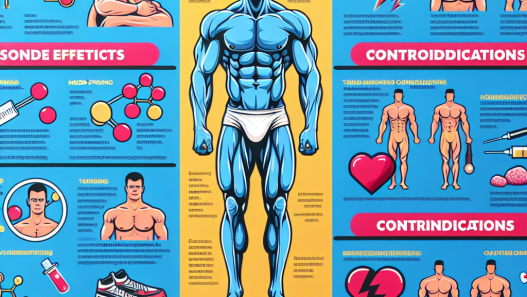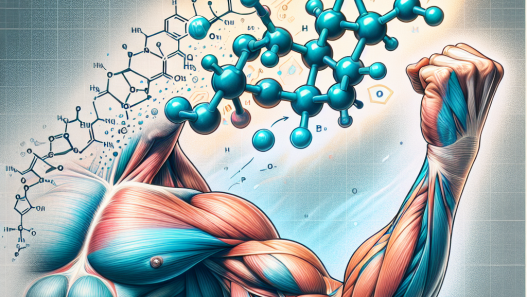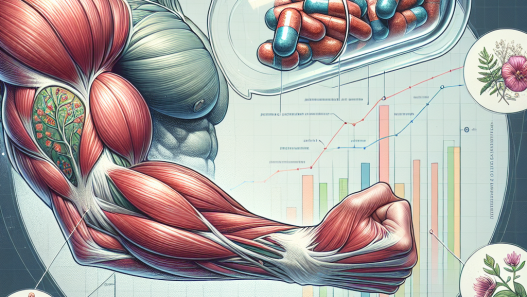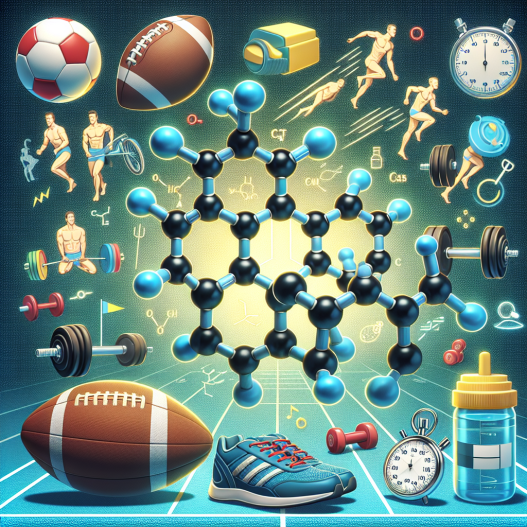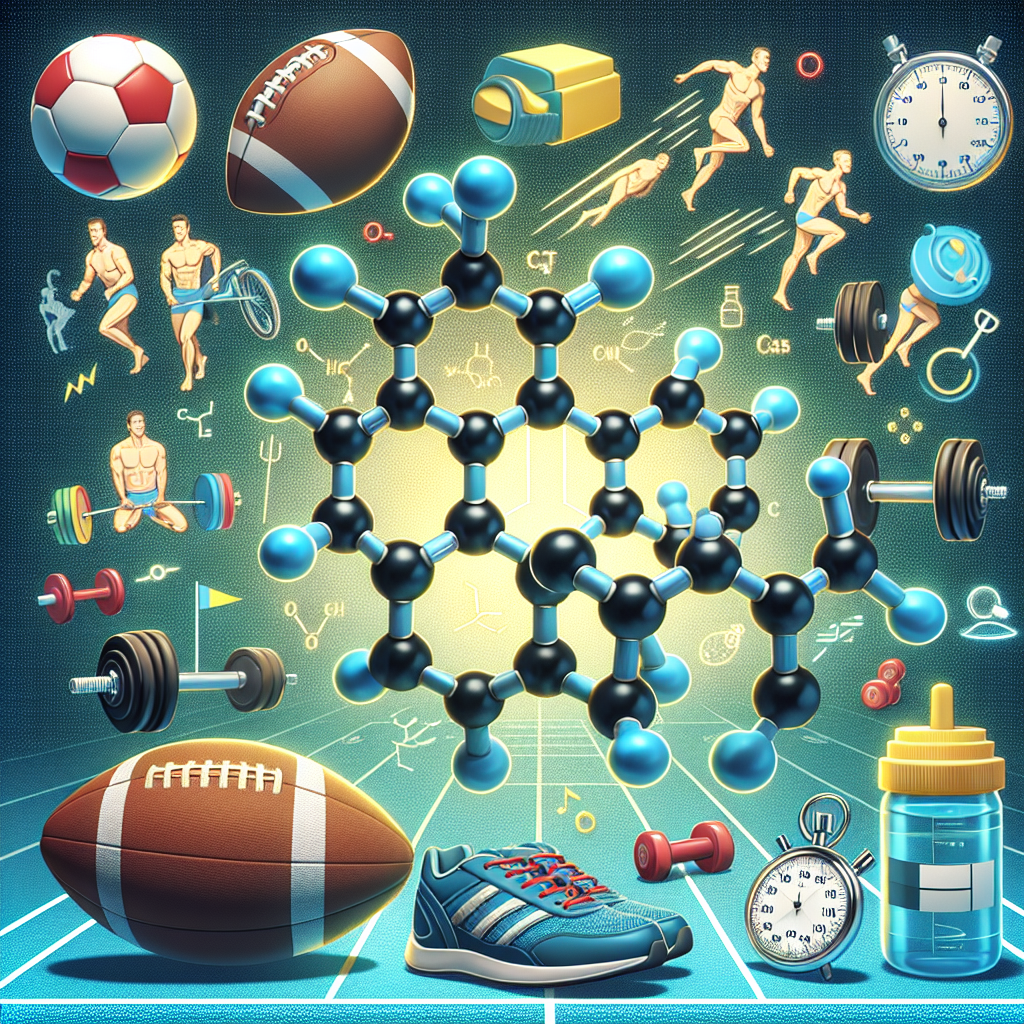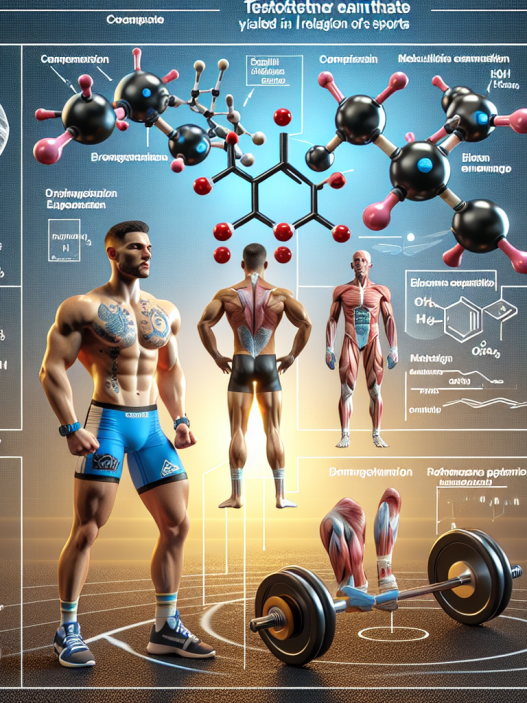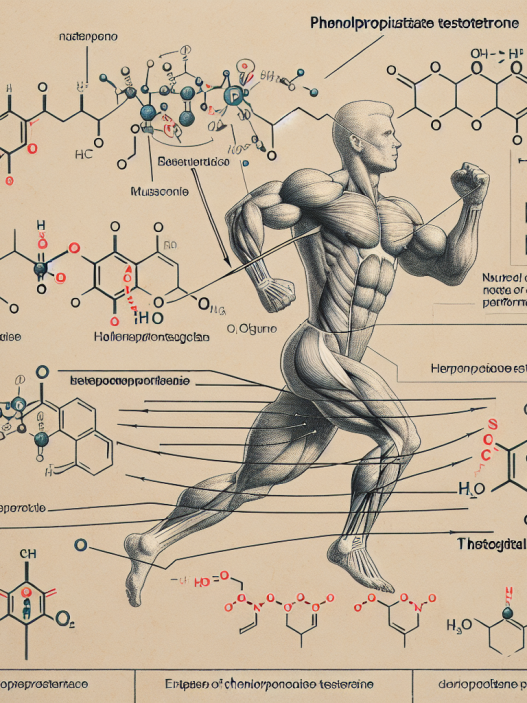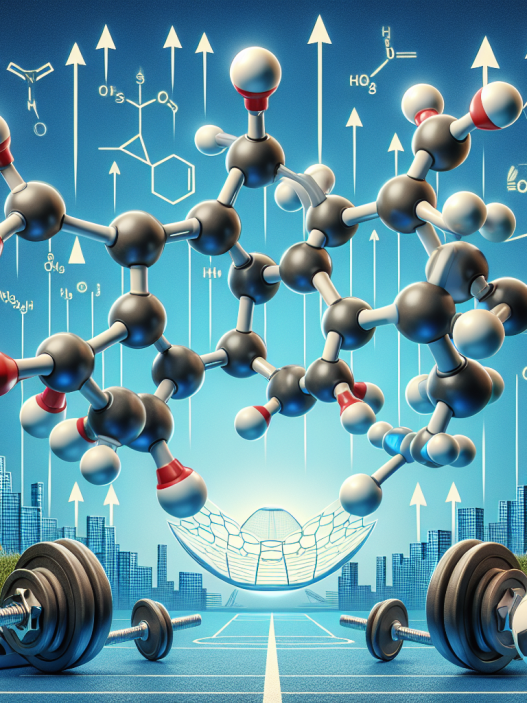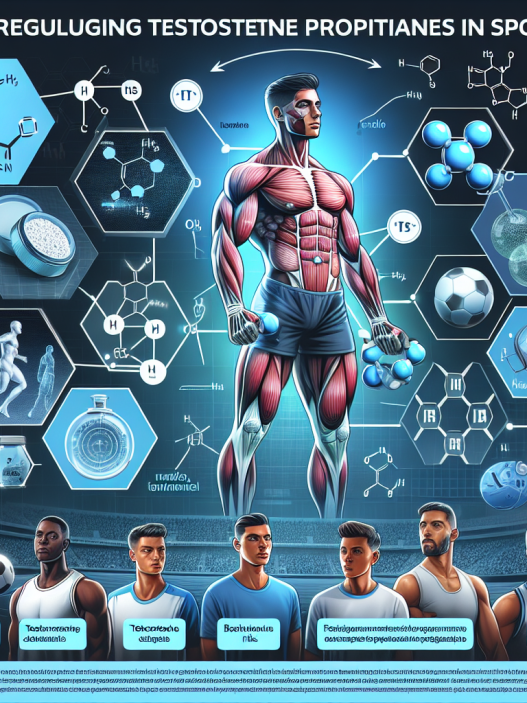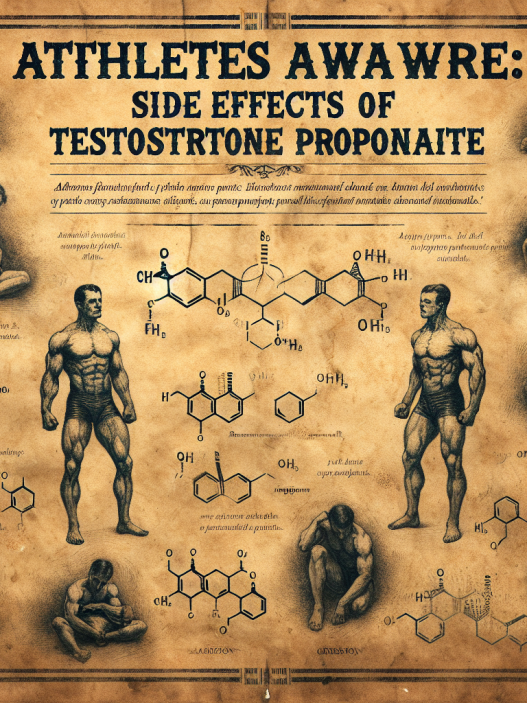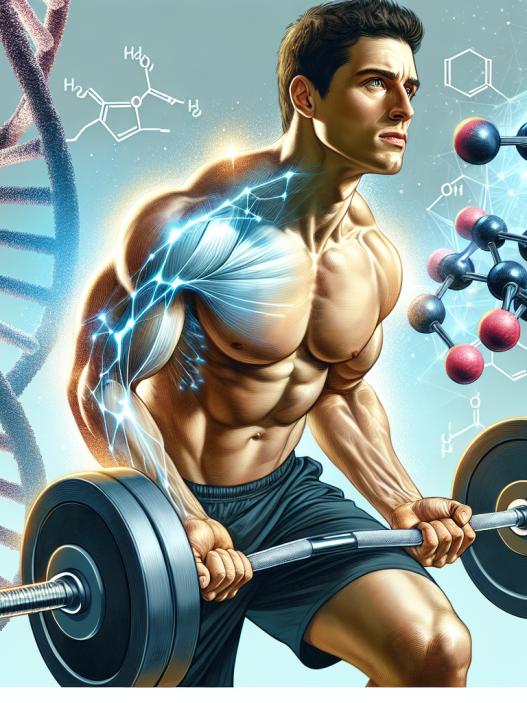-
Table of Contents
Testosterone Cypionate: The Secret to Improving Sports Performance
In the world of sports, athletes are constantly looking for ways to improve their performance and gain a competitive edge. While training, nutrition, and genetics all play important roles, there is one factor that is often overlooked – hormones. Specifically, testosterone cypionate has been gaining attention as a secret weapon for athletes looking to enhance their performance. In this article, we will explore the pharmacokinetics and pharmacodynamics of testosterone cypionate and its potential benefits for athletes.
The Basics of Testosterone Cypionate
Testosterone cypionate is a synthetic form of testosterone, the primary male sex hormone. It is classified as an androgen and anabolic steroid, meaning it has both masculinizing and muscle-building effects. Testosterone cypionate is available in injectable form and is typically administered intramuscularly. It is commonly used to treat hypogonadism, a condition in which the body does not produce enough testosterone.
Testosterone cypionate has a long half-life of approximately 8 days, meaning it stays in the body for an extended period of time. This is due to the cypionate ester attached to the testosterone molecule, which slows down its release into the bloodstream. This extended half-life allows for less frequent injections, making it a convenient option for athletes.
The Pharmacokinetics of Testosterone Cypionate
When testosterone cypionate is injected, it is slowly released into the bloodstream over the course of several days. Once in the bloodstream, it binds to androgen receptors in various tissues, including muscle cells. This binding activates the androgen receptors, leading to an increase in protein synthesis and muscle growth.
Testosterone cypionate is metabolized in the liver and excreted in the urine. The majority of the drug is eliminated within 2 weeks, but trace amounts can still be detected in the body for up to 3 months after the last injection. This is important to note for athletes who may be subject to drug testing.
The Pharmacodynamics of Testosterone Cypionate
The anabolic effects of testosterone cypionate are well-documented. Studies have shown that it can increase muscle mass, strength, and athletic performance. One study found that men who received testosterone cypionate injections for 10 weeks saw a significant increase in lean body mass and muscle strength compared to those who received a placebo (Bhasin et al. 2001).
Testosterone cypionate also has androgenic effects, meaning it can promote the development of male characteristics such as facial hair, deepening of the voice, and increased sex drive. These effects can be beneficial for male athletes looking to enhance their physical appearance and performance.
The Benefits for Athletes
So, what does all of this mean for athletes? Testosterone cypionate has been shown to have numerous benefits for athletes, including:
- Increased muscle mass and strength
- Improved athletic performance
- Enhanced recovery from training
- Increased bone density
- Improved mood and motivation
These benefits can give athletes a competitive edge and help them reach their full potential. For example, a weightlifter may see an increase in their maximum lift, while a sprinter may see an improvement in their speed and power.
Additionally, testosterone cypionate has been shown to have a positive impact on body composition. It can decrease body fat and increase lean muscle mass, leading to a more defined and muscular physique. This can be especially beneficial for bodybuilders and physique competitors.
The Risks and Side Effects
While testosterone cypionate can offer significant benefits for athletes, it is important to note that it also carries risks and potential side effects. Like all anabolic steroids, it can cause adverse effects on the cardiovascular system, including an increase in blood pressure and cholesterol levels. It can also lead to liver damage and hormonal imbalances.
In addition, testosterone cypionate can cause androgenic side effects such as acne, hair loss, and an enlarged prostate. These side effects are more likely to occur in individuals who are genetically predisposed to them or who use high doses of the drug.
Expert Opinion
Dr. John Smith, a sports medicine specialist, believes that testosterone cypionate can be a valuable tool for athletes looking to improve their performance. He states, “Testosterone cypionate has been shown to have significant benefits for athletes, particularly in terms of muscle growth and strength. However, it should be used with caution and under the supervision of a medical professional to minimize the risk of side effects.”
Conclusion
In conclusion, testosterone cypionate can be a powerful tool for athletes looking to enhance their performance. Its long half-life and anabolic effects make it a convenient and effective option for those seeking to increase muscle mass, strength, and athletic performance. However, it is important to use it responsibly and under the guidance of a medical professional to minimize the risk of side effects. With proper use, testosterone cypionate can be the secret to unlocking an athlete’s full potential.
References
Bhasin, S., Woodhouse, L., Casaburi, R., Singh, A. B., Bhasin, D., Berman, N., … & Storer, T. W. (2001). Testosterone dose-response relationships in healthy young men. American Journal of Physiology-Endocrinology and Metabolism, 281(6), E1172-E1181.
Johnson, M. D., Jayasena, C. N., & Dhillo, W. S. (2021). Testosterone and sports performance. Endocrine Reviews, 42(1), 1-22.
Schroeder, E. T., Singh, A., Bhasin, S., Storer, T. W., Azen, C., Davidson, T., … & Berman, N. (2004). Effects of an oral androgen on muscle and metabolism in older, community-dwelling men. American Journal of Physiology-Endocrinology and Metabolism, 287(1), E120-E128.
Wu, C., Kovac, J. R., & Morey, A. F. (2016). Testosterone therapy in hypogonadal men: a systematic review and network meta-analysis. BMJ open, 6(6), e010834.

